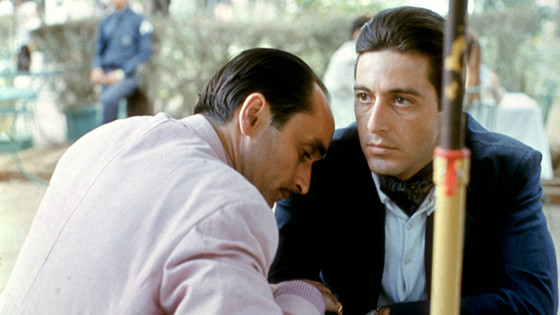
Look: I love the Academy Awards, but I can truly attest to the fact that there are many things wrong with them. Without bringing politics and favouritism into the article (that can be a tome worth reading and writing another day), let’s briefly get into the one issue that any sort of awards or annual analysis may have: being wrong.
Being wrong can be due to catering to trends (selecting a winner out of hype instead of worthiness), politics and more, but it can also be the result of how time changes the quality of works. Essentially, we may think the Oscars (and other awards ceremonies) got it right at the time, but the test of time would tell us otherwise.
Out of nearly 90 Oscar ceremonies, there are only a handful of times that the Best Picture winner seemingly went to the right candidate. If you look back at past winners, “How Green Was My Valley” won over “Citizen Kane,” “Going My Way” beat “Double Indemnity,” and “Rocky” triumphed over “All the President’s Men,” Network, “Bound for Glory” and “Taxi Driver.” Are these winning films bad? Not quite, but these three winners seemed to get their top prize over hype.
When did the Oscars get it right? In preparation for this article, I had about 15 films that I felt were eligible enough to be here. The five that I didn’t include (but shall here not as honourable mentions, but five extra cases worthy of mentioning because they damn well deserve it) include “The Lord of the Rings: The Return of the King,” “The Bridge on the River Kwai,” “The Lost Weekend,” “My Fair Lady,” and “The Deer Hunter.”
I also considered “The Hurt Locker,” “Moonlight,” and “12 Years a Slave,” but these films are still quite new, and I will give them their time to prove this point. For now, here are 10 times that the Best Picture award went to actual masterpieces.
1. It Happened One Night (1934)
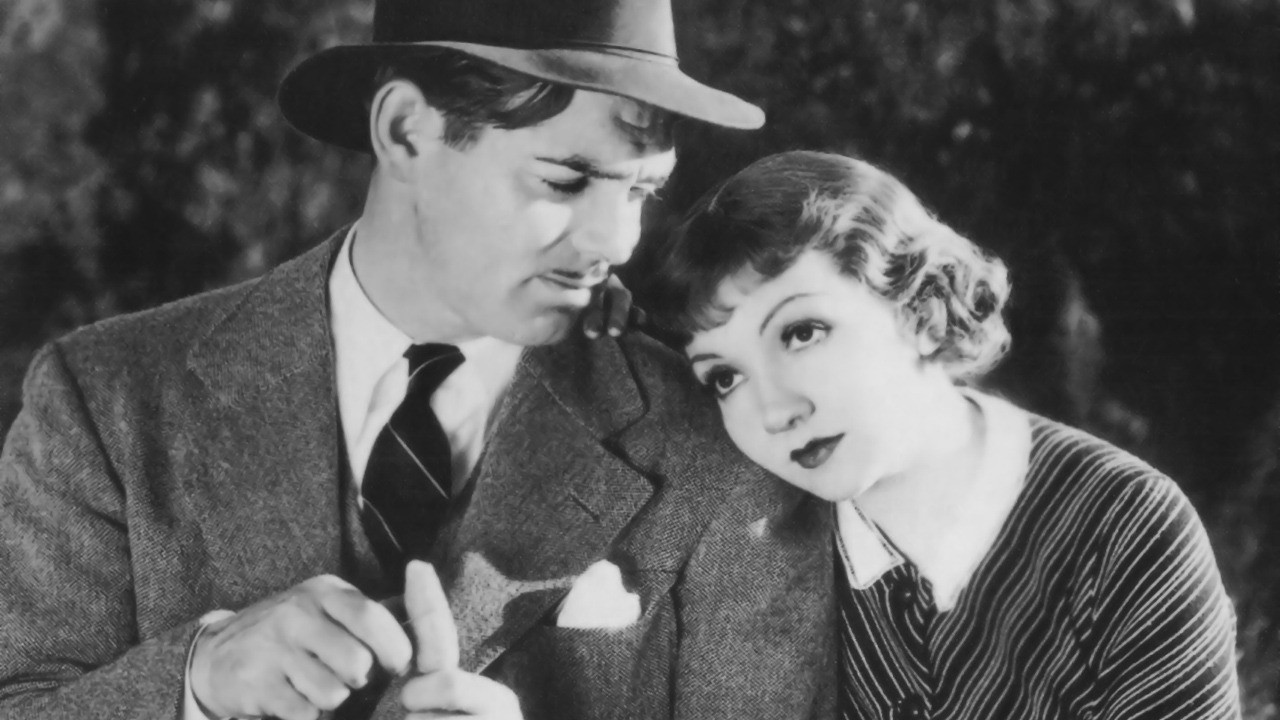
Frank Capra has many notable works that you are likely familiar with: “Mr. Deeds Goes to Town,” “It’s a Wonderful Life,” “Mr. Smith Goes to Washington,” “You Can’t Take it With You” (another Best Picture winner of his), and many more. It Happened One Night is one of his greatest films (“It’s a Wonderful Life,” sadly, didn’t win the top prize like this one did), and it was justly adorned with Academy gold on its big night.
It is one of only three films to win the top five big awards (Best Picture, Director, Actor, Actress, Screenplay), along with “One Flew Over the Cuckoo’s Nest” (absolutely an honourable mention for this kind of list) and “The Silence of the Lambs.” Being the first recipient of the big five, “It Happened One Night” is a definitive screwball comedy that can only be described as incredibly playful. It is playful between its two power leads (a young Clark Gable and Claudette Colbert), with its cat’s breakfast of plot lines (where shenanigans overlap one another), and even with its audience (you, the convinced viewer).
The film is based upon blackmail. A struggling reporter (Gable) threatens a rich heiress (Colbert) while she is on the run from her father to meet with her disapproved husband (of which she eloped with). The reporter will tell the world where she is if she does not give him the top article subject matter that will save his skin. Deception upon deception, the film becomes a mania of lies, hidden motives, and the only kind of authenticity you’d get from an embarrassed confessional.
“It Happened One Night” is distinctive from the many early films that won Best Picture because it is one of the very few early winners to still truly matter (only “Wings,” “All Quiet on the Western Front,” and “Grand Hotel” that won before this film are worth watching). It was an indication of what this art form called cinema could be, especially since sound pictures were still quite new when it came to mainstream movies). Nowadays, it remains a textbook example of what the glory days of Hollywood were like when they were at their best.
2. Casablanca (1943)

Does this second entry even need to be explained? “Casablanca” is one of the strongest films when it comes to experiencing pure and untainted movie magic within the confinements of a single film. Director Michael Curtiz made many films, but none could come close to the greatest romantic drama in the history of cinema. Try as “The English Patient” and “Titanic” might (hell, throw in “Gone with the Wind” in here, too, despite the fact that it came out before this film), no one can capture the poetry of “Casablanca.”
You are enclosed in Rick’s nightclub for most of the picture, and some of the only other instances are through memories. If anything, virtually every scene in “Casablanca” involves someone running away: the nightclub is Rick’s form of hiding, his memories are to avoid the dark present, and the climactic ending, well, goes without saying. This is why “Casablanca” works so much better than any other film of its kind: it never wallows when it is impassioned by longing.
Humphrey Bogart and Ingrid Bergman play against romantic type; they have met before and have loved before, and you are introduced to them after their separation (with bitter results). While you do see their time when they were madly in love through flashbacks, you mostly face their current confrontations. They are in danger in a Nazi-threatened world (don’t forget that this movie came out during World War II, which is also insanely brave), and all are on the run in some way; it all happened to be conveniently coincidental.
“Casablanca” utilizes its specific premise to put a different perspective on what a film about love can be, as Rick has to side with either his feelings or his thoughts: does he endanger himself by saving his former lover? “Casablanca” was a gold mine during the time when films were starting to get more complex, so you know it has to be bloody good to stand out during the strongest age of Hollywood.
3. All About Eve (1950)
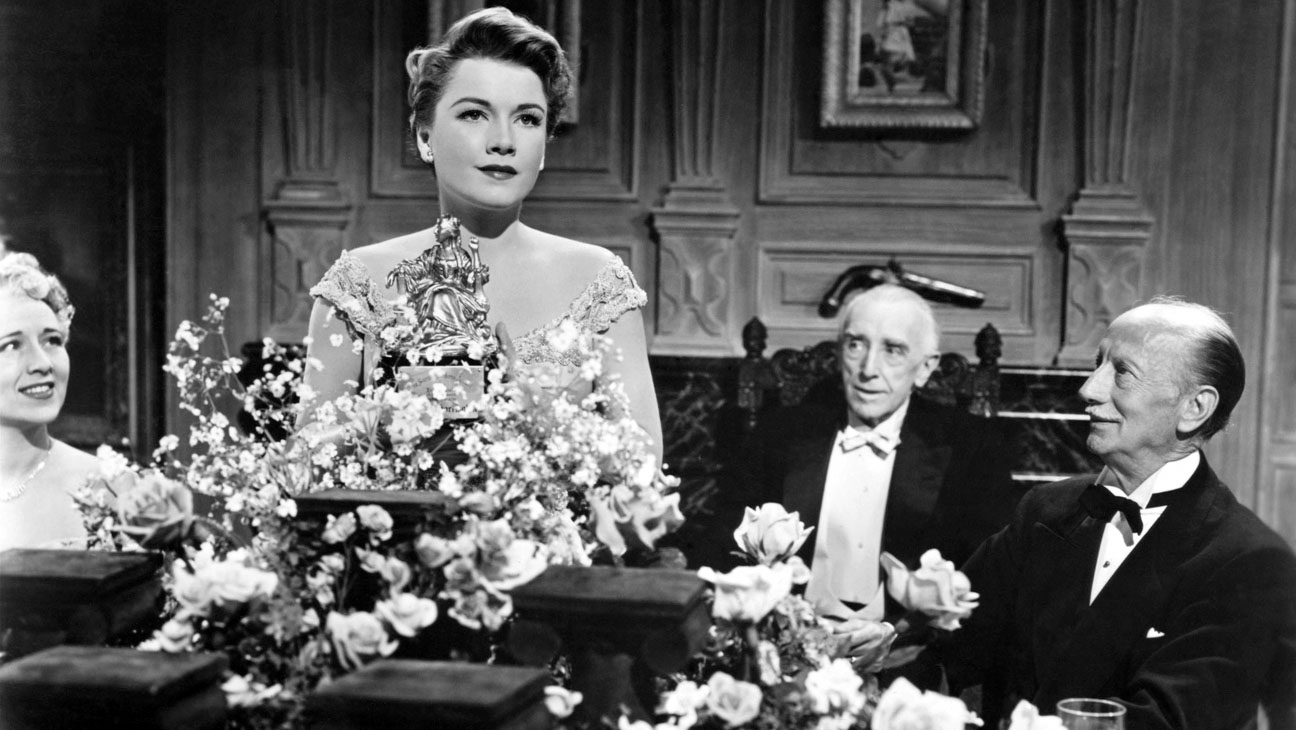
Some films just get remade over and over again, despite the “new” premises and different titles. The lasting impact of “Groundhog Day” is as repetitive as its plot. We’ve also seen the premises of various screwballs done just differently enough to get away with it (especially the works of Howard Hawks). Then, there is “All About Eve.” You have clearly seen the story of the new replacing the old, even if you haven’t seen this one film.
Just like the other films mentioned, no film does these tropes better than the original, especially “All About Eve.” Joseph L. Mankiewicz’s film is full of so much wit and bite that people to this day will debate whether it is a comedy or a drama (or simply a comedy-drama); my personal take is that it is a drama, despite the lovely backhanded responses within the film.
Bette Davis was at her best here as Margo Channing, and Anne Baxter’s titular Eve is an astounding contrast. Eve is a fan of Channing who wants to live and breathe every minute of her idol; this ultimately turns into the desire to become her icon, resulting in the will to replace her hero. The cleverness of this film is that its playfulness can turn into relentlessness depending on how you feel while you watch it; each line is a smart riposte that can be taken in any way.
The film makes large moves over the small bickering of everyday life (no matter what profession), and that is definitely part of its appeal. Each and every event can be analyzed to see where jealousy took over from admiration, but you may have a different answer for just when the change took place with each viewing. “All About Eve” is surprisingly candid, which is hard to find when it comes to works based around showbiz.
4. On the Waterfront (1954)
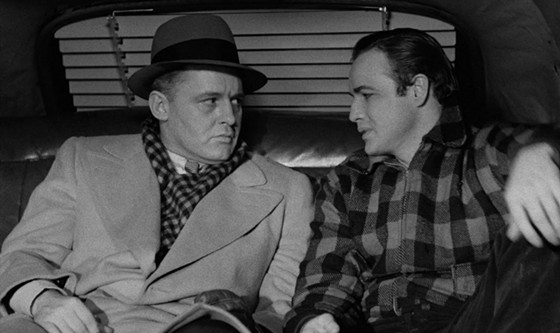
Elia Kazan is a sensational director that had won the Best Picture prize before 1954 with “Gentleman’s Agreement” (in 1947). Less than 10 years later, he returned with another Best Picture winner, one which is more connectable with some of his more well-known films (“A Streetcar Named Desire,” “East of Eden”): “On the Waterfront.”
Rarely does a film represent the blue collar workers of America so strongly (office and other white collar work is usually represented more often and with greater results). There may never be a film as boldly about the everyday physical worker like “On the Waterfront,” and it is fronted by a “bum” called Terry (played magnificently by Marlon Brando, in a medium-defining performance). What elevates this story of the underdog (a former boxer who lost it all due to throwing a fight for gamblers) challenging his higher-ups is that every single part of it is as strong as its core.
The music is triumphant. The supporting performances are all essential to why the film works. The cinematography is gorgeous (especially for a film that takes place in a grimy workplace, on the titular waterfront). Every single element makes the story of a guy that is down on his luck feel almost magical (and surely empathetic). It is a raised fist for the 9-to-5-ers of New Jersey (and all across America) that may feel stymied by their industries.
You witness every straw until the very last one for Terry, and you can only help but cheer him on to finally achieve happiness (no matter what it takes). “On The Waterfront” is like the unrivaled works of literature that create a spectacle out of an everyday person, and you are lucky enough to live it visually.
5. The Apartment (1960)
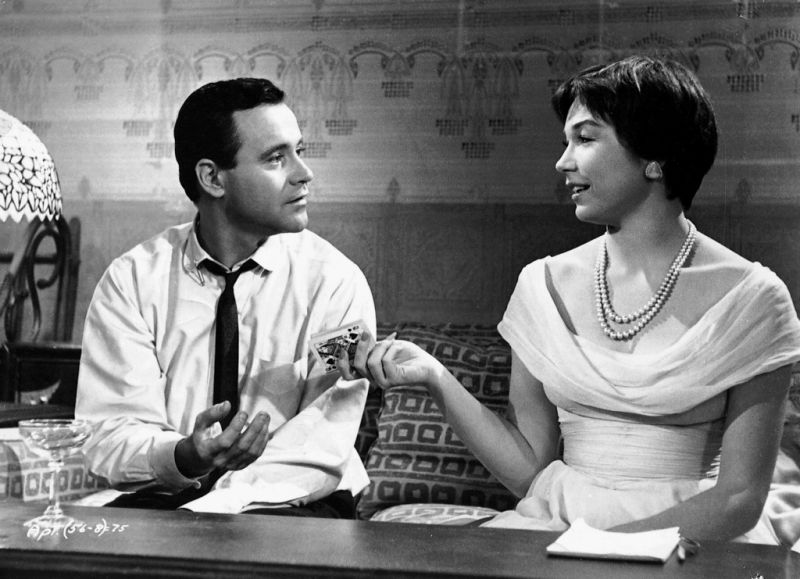
Like the next film on this list (you’ll see it when you get there), I felt the need to pick between the two Billy Wilder Best Picture winners. That’s an audacious task, as 1.) Wilder is one of the all-time greats with so many solid films to his name, and 2.) both “The Lost Weekend” and “The Apartment” are magnificent. I ultimately went with “The Apartment,” because it simply is one of the all time great comedies; it’s also quite uncommon for a comedy to win Best Picture and truly deserve that honour.
How can you go wrong with Wilder veterans like Jack Lemmon and Fred MacMurray, let alone a career-staple performance from Shirley MacLaine (which alone says a lot)? The plot is saucy and cheeky, and Wilder’s workings-around its explicit subject matter is part of the humour. Lemmon’s everyday-working-man has to allow the corporate pigs at his workplace the opportunity to bring home dates to his own apartment to carry out their own business; that is one way to build upon the classic styles of the screwball genre.
“The Apartment” includes drama within its duration as well, as we are given the perspective of the repercussions of Lemmon’s actions; how does his selflessness for the selfishness of others gradually ruin him? He may be working his way up the corporate ladder, but he is only digging his own grave as a human being.
“The Apartment” will make you laugh while making you feel so sorry for the sympathetic leads in this film, especially since you can relate to both Lemmon’s and MacLaine’s characters. We have all felt threatened by our jobs and superiors enough to sacrifice ourselves to keep going, and “The Apartment” is just a comedic, switched-on, cunning way of understanding this. There are so many Wilder films that deserve the Best Picture honour, and the two that did win (“The Lost Weekend” included) are great examples of what Wilder was capable of (“The Apartment” was just a slightly better example).